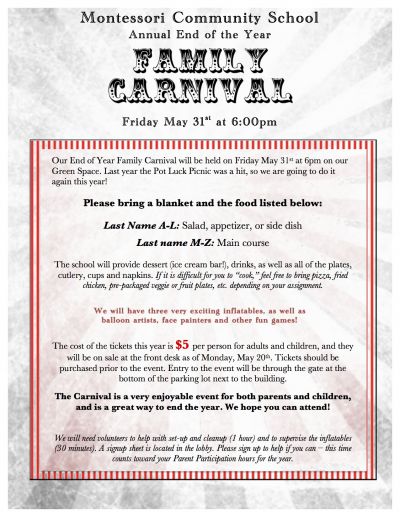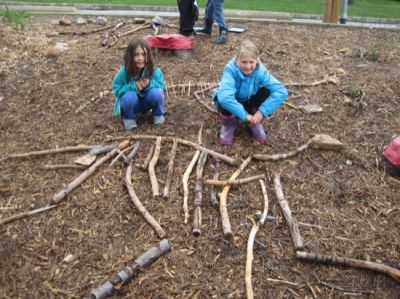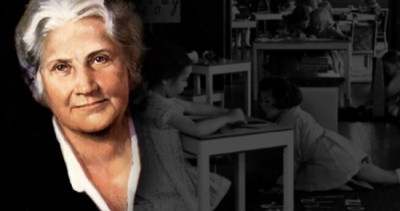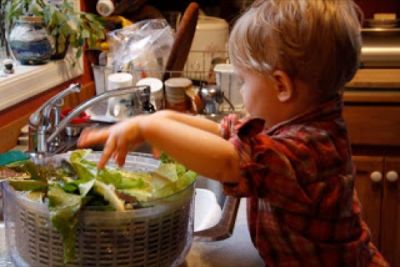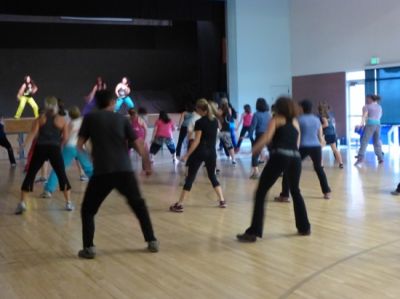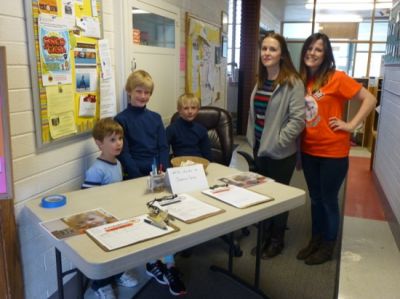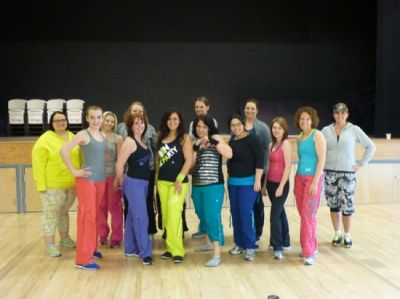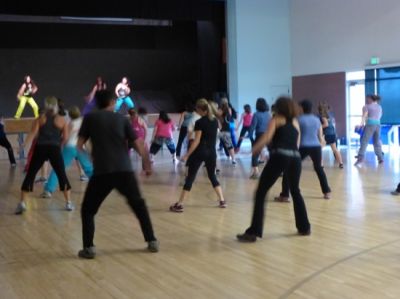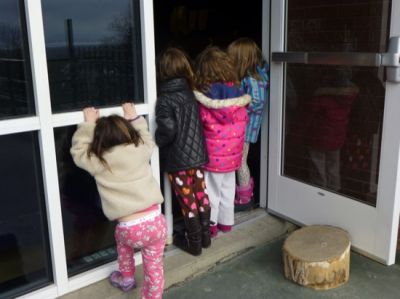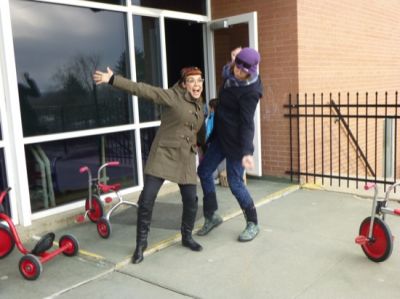Embark on a Reading Adventure….
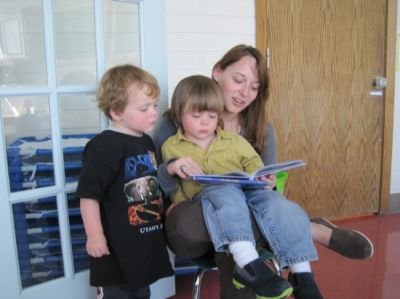
Books have the ability to expand a child’s world in a large variety of ways. Reading is a chance for children to experience more of the world. Conflict and resolution are introduced through a variety of themes, giving children the opportunity to learn coping skills, resiliency, cause and effect, logic, consequence of action and tolerance. Children build imagination, vocabulary and creativity along with a sense of curiosity and adventure. Exposure to different methods of illustration might engage a child artistically. Development of grammatical skills and an understanding of appropriate use of language might spark the interest of a future writer. The possibilities are endless….
Reading with our children creates opportunity for bonding and intimacy. Also, it increases opportunity and skills involving communication. Reading promotes the development of an extended attention span, a huge benefit for young children preparing to enter school. And, believe it or not, reading skills (top to bottom, left to right, etc.) help develop the mathematical mind.
This being said, it can be difficult to keep our children excited about and engaged in reading throughout the summer months. One of the most important things we can do to assist our children to continue to grow their reading skills is to provide them with literature that they enjoy and appreciate.
But, as parents we don’t always know exactly what types of books are appropriate for our children at their ages. Most children love to be read to and its quite simple finding appropriate books to read TO them. However, choosing books that are developmentally appropriate and nurture our children’s sense of self can be somewhat more difficult. This is especially true as children are in the process of becoming independent readers.
A few excellent sources for finding the right books for your child can be found below:
Some fun family reading tidbits to keep in mind include:
When a child starts to “memorize” the words in a book, it is cause to celebrate. Encourage children to point to the word they are reading and their ability to learn words by sight increases. REPETITION IS GOOD! There are numerous benefits to a child reading or listening to the same book over and over. More than anything they are developing an important sense of order. Once they’ve met an important need, they’ll move on…until then, use it as an opportunity to ask things like, “What do you think will happen next?” and other comprehension relevant questions. I’ve found that with my more advanced readers they still enjoy being read to. The benefits are great as children develop comprehension and fluency skills. To get your child reading you might take turns….ie, you read a page and then they read a page. Audio books are fantastic. It’s awesome to listen to a book together. Narrators engage children in a way that can stir up emotion or engage listeners as we feel familiar with the characters. Invite your child to draw a picture of what you read. This is a great way to build comprehension and is a wonderful conversation starter. Children mimic behavior so one of the most generous gifts we can give our children is the gift of watching us read for pleasure. Visit the library together and create a cozy space in your home where you can all read. Even non-readers benefit from looking through books as they sit next to a group of family readers.HAPPY READING!
Tags: Untagged

